- Soma Mater's Newsletter
- Posts
- SOMA Newsletter
SOMA Newsletter
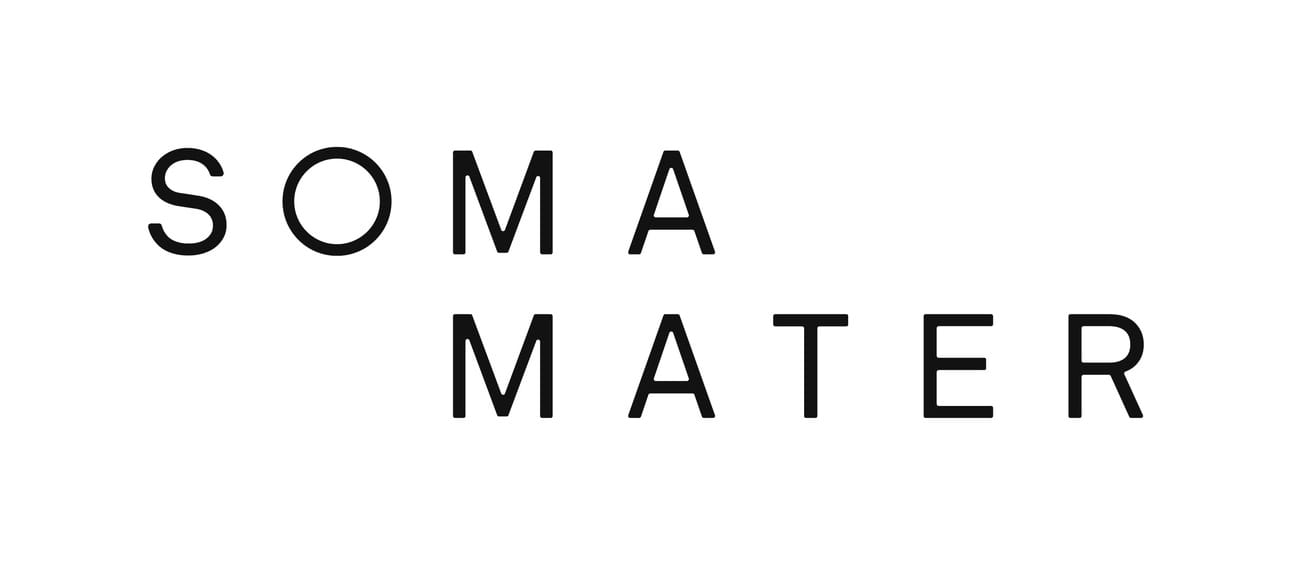
Welcome to the SOMA MATER weekly newsletter.
At SOMA MATER, we specialize in delivering comprehensive research and advisory services with a focus on Food & Water Security and Net Zero Transition in the MENA Region. In order to support our subscribing clients in navigating these topics and understanding the regional narrative, we produce monthly Food and Water Security and Net Zero Transition Intelligence Reports, along with our in-depth analysis and insights.
This weekly newsletter highlights the top 3 stories from the past week in Food and Water Security and Net Zero transition, along with SOMA MATER's analysis and perspective.
What are the current developments of the Grand Ethiopian Renaissance Dam (GERD) dispute and how does water insecurity impact economic growth and development across different regions of the world?
How are Saudi Arabia and the UAE addressing feed production challenges through innovative partnerships and sustainable technologies?
What challenges does Oman face in achieveing its renewable energy goals and what innovative storage solution is being implemented in the region?
Sustainably yours,
The SOMA team
Making Waves: The Ripple Effects of Water Security
#FoodandWaterSecurity
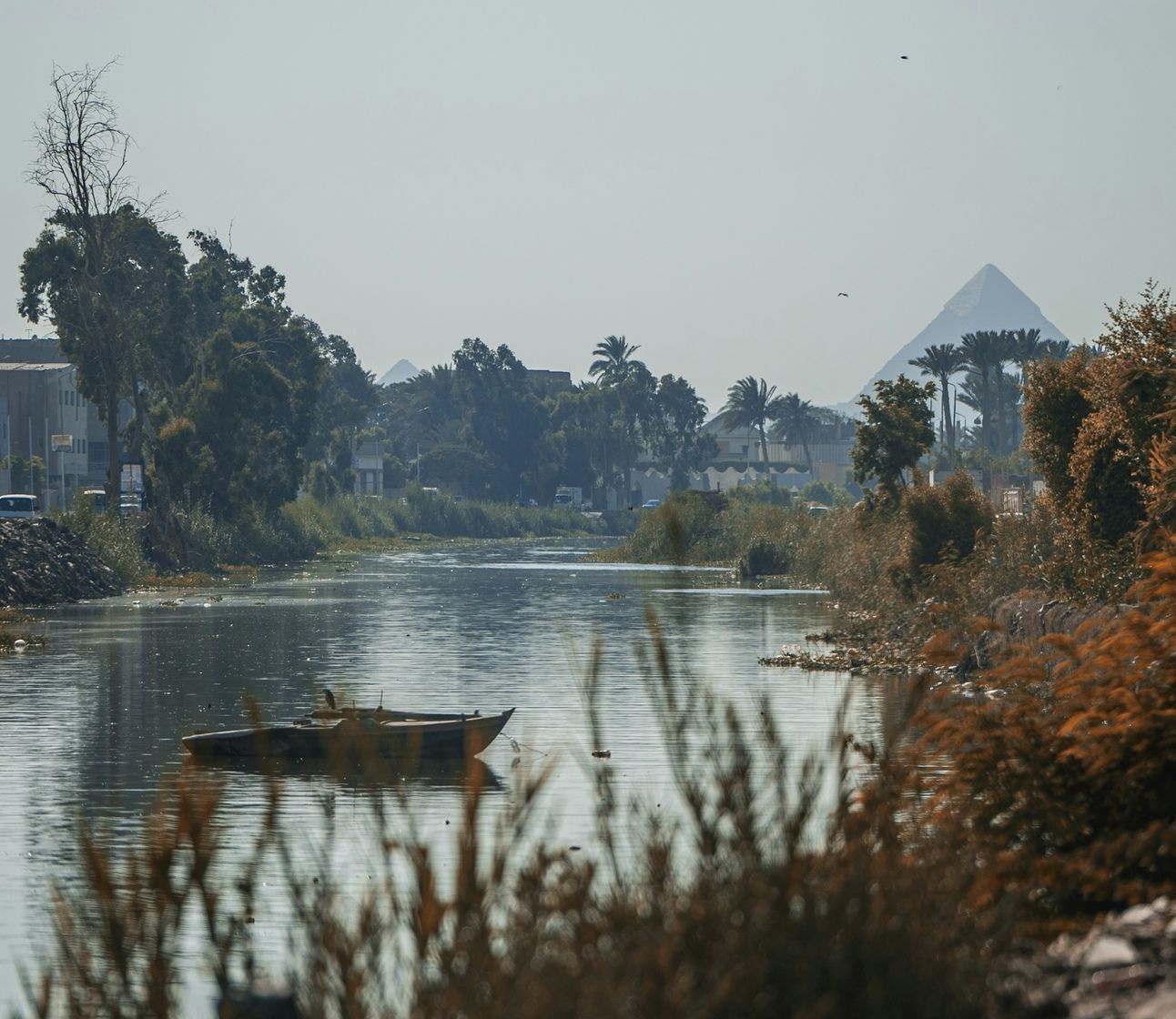
Developments in the Grand Ethiopian Renaissance Dam (GERD) dispute have escalated tensions, as Egyptian Irrigation Minister declared that Ethiopia's unilateral actions in building, filling, and operating the dam violate international law and the 2015 Declaration of Principles agreement. Egypt has maintained a diplomatic approach, preferring to address the issue within a tripartite framework involving Egypt, Sudan, and Ethiopia. The significance of this dispute is underscored by the fact that the Nile River sustains over 107 million Egyptians, serving as a critical lifeline for food security and economic stability in the region.
Studies have shown that hydroclimatic hazards significantly affect economic growth, particularly in developing regions. In the United States, droughts represent the costliest natural disaster, with annual costs ranging from $6-8 billion, while floods in South Asia have resulted in damages of up to $10 billion. The impact is particularly severe in African nations, where climate extremes have led to significant GDP losses, as demonstrated by Kenya's experience with ENSO-related floods and droughts, which caused GDP losses of 10-16% between 1997 and 2000.
Research quantifies these impacts: a 1% increase in drought-affected areas leads to a 2.8% reduction in annual economic growth, while a similar increase in flood-impacted areas results in a 1.8% decrease. These climate extremes create a cyclical challenge, as repeated exposure leads to risk-averse behavior and reduced investment, potentially trapping communities in poverty. This is evident in agriculture, where farmers become hesitant to invest in improvements due to uncertain rainfall patterns.
SOMA’s Perspective:
The GERD dispute demonstrates how water security directly impacts national stability and economic prosperity. The tensions between Egypt, Ethiopia, and Sudan show that water security isn't merely an environmental concern but a fundamental economic driver. Water insecurity doesn't just affect current GDP but can fundamentally alter investment patterns and economic decision-making, creating long-term structural impediments to growth.
Sources:
Feed-ing the Future: A Saudi-Swiss Symphony
#FoodandWaterSecurity
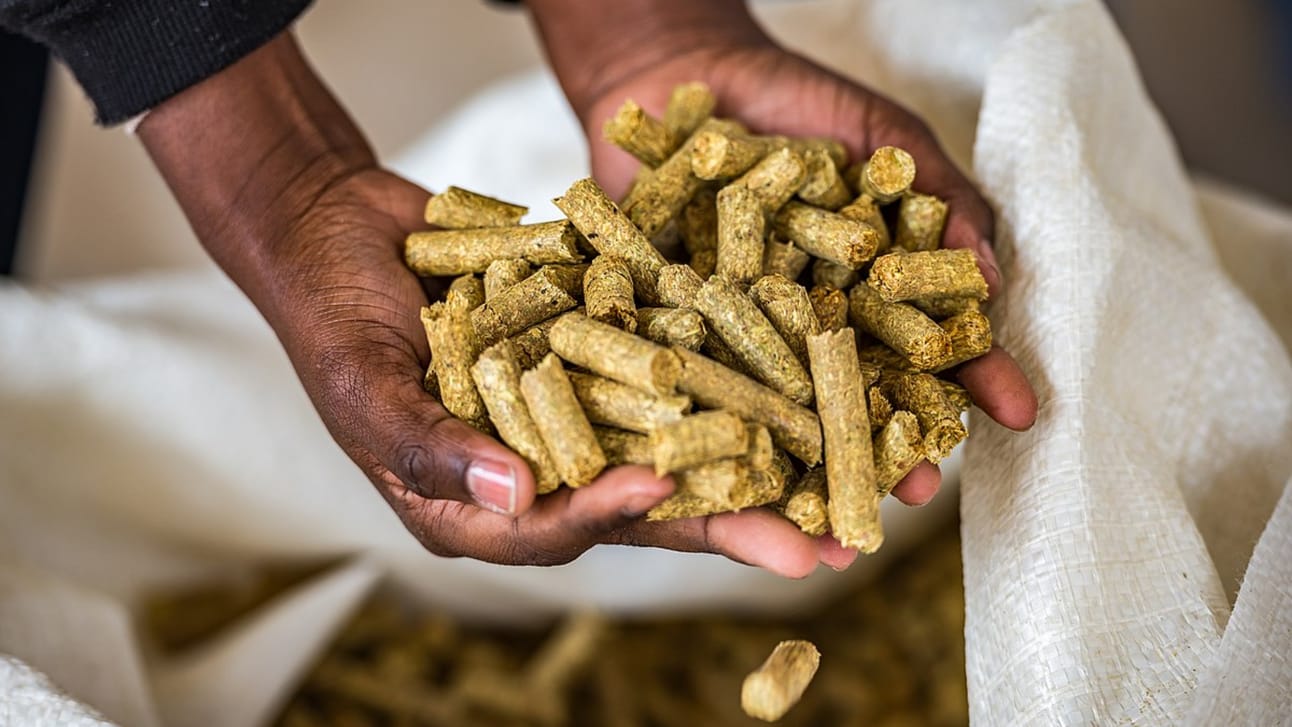
Arabian Agricultural Services Co. (ARASCO) has signed a Memorandum of Understanding with Bühler Group (a Swiss multinational) to enhance feed production efficiency in Saudi Arabia. The partnership focuses on modernizing manufacturing processes, implementing advanced technologies, and promoting sustainable production methods through knowledge exchange and technological improvements.
This aligns with broader national goals, particularly supporting the Ministry of Environment, Water, and Agriculture's target of producing 600,000 tonnes of seafood through aquaculture by 2030. ARASCO has already demonstrated success in the poultry sector, achieving a production capacity of 600,000 birds per day, contributing to Saudi Arabia's impressive 65% self-sufficiency rate in poultry.
The aquaculture feed sector has notable environmental issues. Reduction fisheries, which provide raw materials for aquaculture feed, account for approximately one-sixth of global marine catch. About 70% of this biomass goes into aquaculture feed, raising concerns about ecological impacts and food security, as it diverts food-grade fish from regions experiencing food insecurity to luxury market products. In the same week, a parallel feed-related initiative was announced in the UAE, with Pure Harvest Smart Farms and PlanTFarm (Korean smart farming solutions provider) launching a farm facility focused on branded consumer produce and resource-efficient animal fodder production. Its fresh fodder using 95% less water than traditional methods is expected to help reduce the UAE’s heavy reliance on imported animal feed.
SOMA’s Perspective:
Feed security is gradually becoming a valuable component to food security in the MENA region considering the growing number of aquaculture and poultry projects that have been announced. The most significant cost to any animal protein production is feed inputs. In large agriculture countries, the agriculture sector supports the animal production sector, but in a globalized system, global feed markets play a significant role. The GCC countries are tied to these market due to very limited production capabilities. These two recent feed-related partnerships in Saudi Arabia and the UAE demonstrate a proactive approach to addressing feed supply challenges SOMA had previously identified. There is a regional awareness of the need to secure and localize feed production capabilities.
Sources:
https://www.animalfeedmea.com/2025/02/28/arasco-inks-mou-with-buhler-to-bolster-feed-production-efficiency-in-saudi-arabia/#:~:text=(ARASCO) has signed a Memorandum,Al-Sheikh%2C and Mr.
Image source: https://www.animalfeedmea.com/2025/02/28/arasco-inks-mou-with-buhler-to-bolster-feed-production-efficiency-in-saudi-arabia/#:~:text=(ARASCO) has signed a Memorandum,Al-Sheikh%2C and Mr.
The Sultan of Storage: Oman's Pumped-Up Energy Vision
#NetZeroTransition
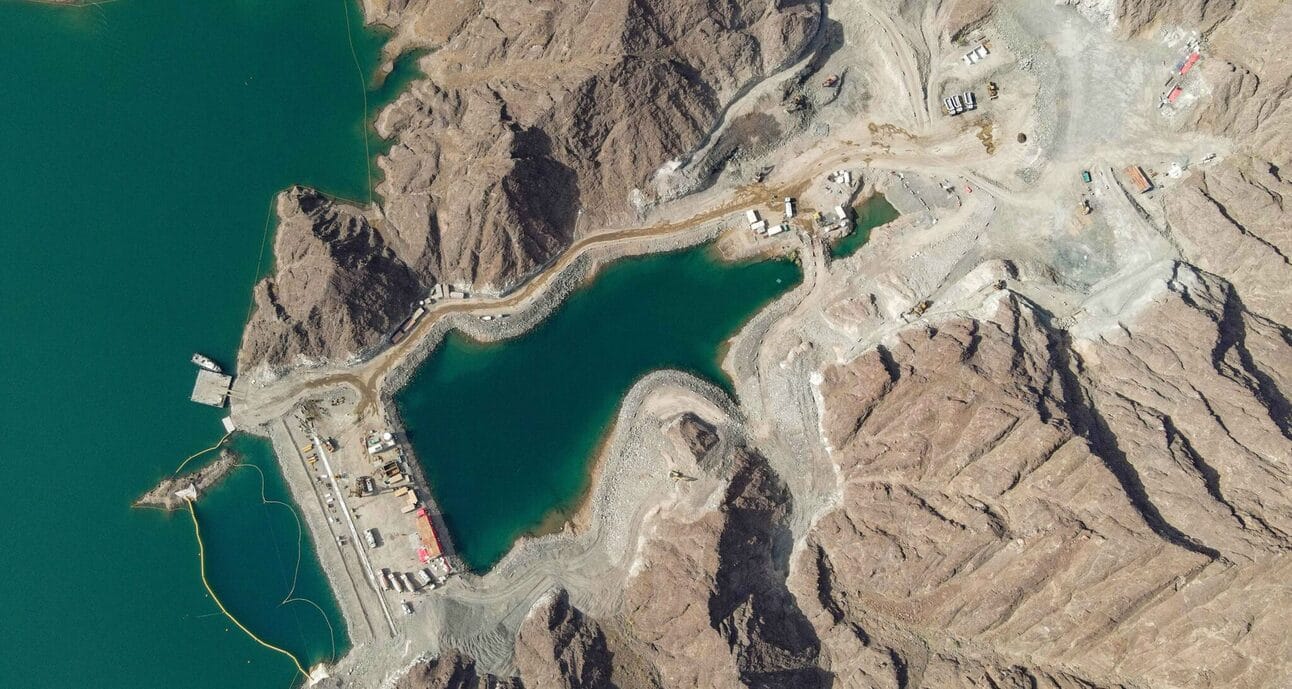
Oman has set ambitious targets of 30% renewable energy by 2030 and 39% by 2040. EDF Group (Électricité de France SA), a major player in the transition in the Middle East, is leading several key projects in the country, including the 500 MW Manah 1 solar plant and a large-scale green hydrogen facility. As a multinational energy utility generating 94% carbon-free electricity, EDF brings substantial expertise to the region, having developed nearly 8 GW of renewable power in the Middle East.
Oman's energy transition requires continuous infrastructure adaptations. Climate change poses risks to infrastructure durability, particularly through increasing wind speeds that may exceed current design standards. The geographical spread of renewable energy generation also presents transmission challenges, requiring investment in grid infrastructure to efficiently transport electricity from southern production sites to northern consumption hubs. The introduction of consumer self-generation options in Oman (rooftop solar panels) necessitates more dynamic grid management and smart technology integration.
A promising solution has emerged in the form of pumped hydro storage, leveraging Oman's mountainous landscape. This technology is already being explored in the region by EDF demonstrated by Dubai Electricity and Water Authority (DEWA)'s pumped-storage hydroelectric power plant project in Hatta, UAE. Set to begin operations in April 2025, this AED1.4 billion facility will have a production capacity of 250 MW and a storage capacity of 1,500 megawatt-hours, with a 78.9% turnaround efficiency. The power plant will begin gradually exporting clean energy to Dubai in April.
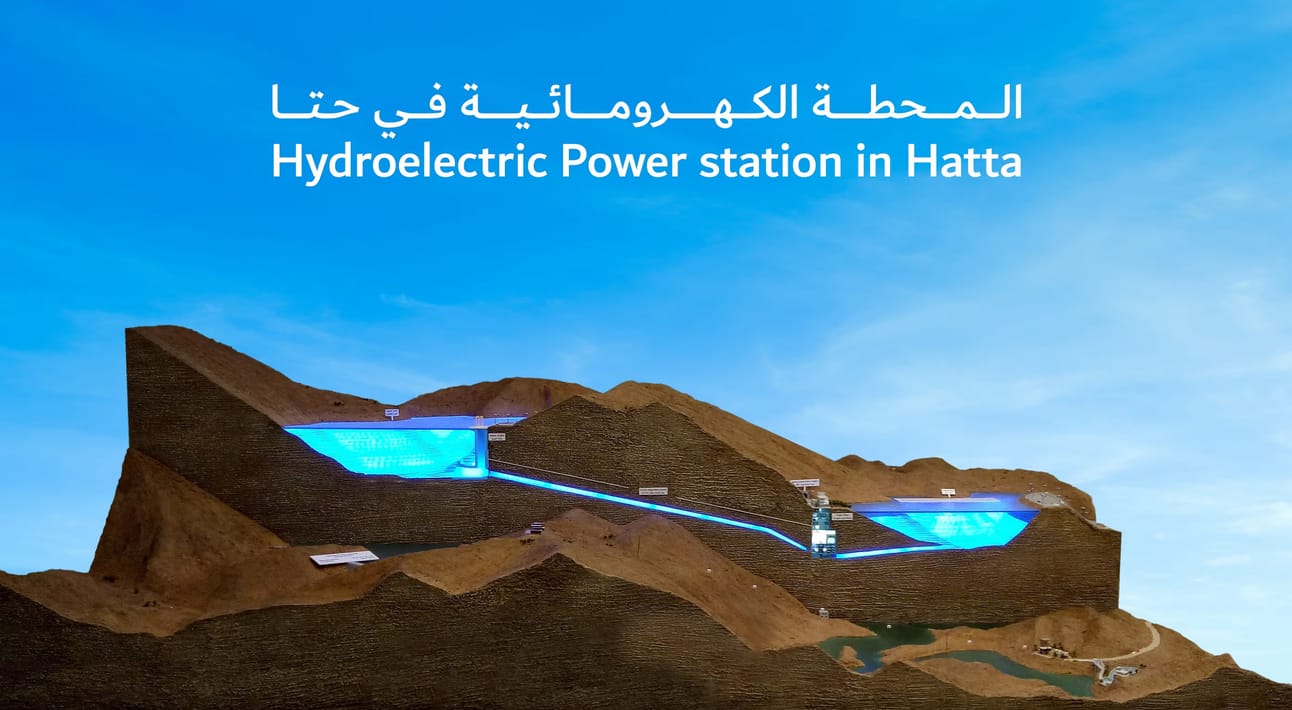
SOMA’s Perspective:
The possibility of implementing pumped hydro storage solutions in Oman, following the UAE's successful Hatta project, shows a regional trend of sustainability and energy efficiency technologies moving across the region. This is facilitated by experienced multinational companies like EDF in accelerating the region's renewable energy adoption. The UAE's leading role in various renewable technologies continues to provide valuable lessons and proven models for emerging clean energy markets like Oman, creating a ripple effect of sustainable development across the MENA region.
Sources:
https://www.khaleejtimes.com/uae/clean-energy-from-hatta-to-dubai-hydroelectric-power-plant-to-begin-operations-in-april?__sta=vhg.blmsvsvhqxgv|IFFVTVI&__stm_medium=email&__stm_source=smartech&utm_campaign=Daily Newsletter&utm_content=&utm_medium=Email&utm_source=Netcore
Image source: https://sdg-action.org/multipronged-action-on-the-sdgs/
SOMA MATER is writing Intelligence Reports on the topics of Food and Water Security and Net Zero Transition. If you’d like to know more, contact us through the link below: